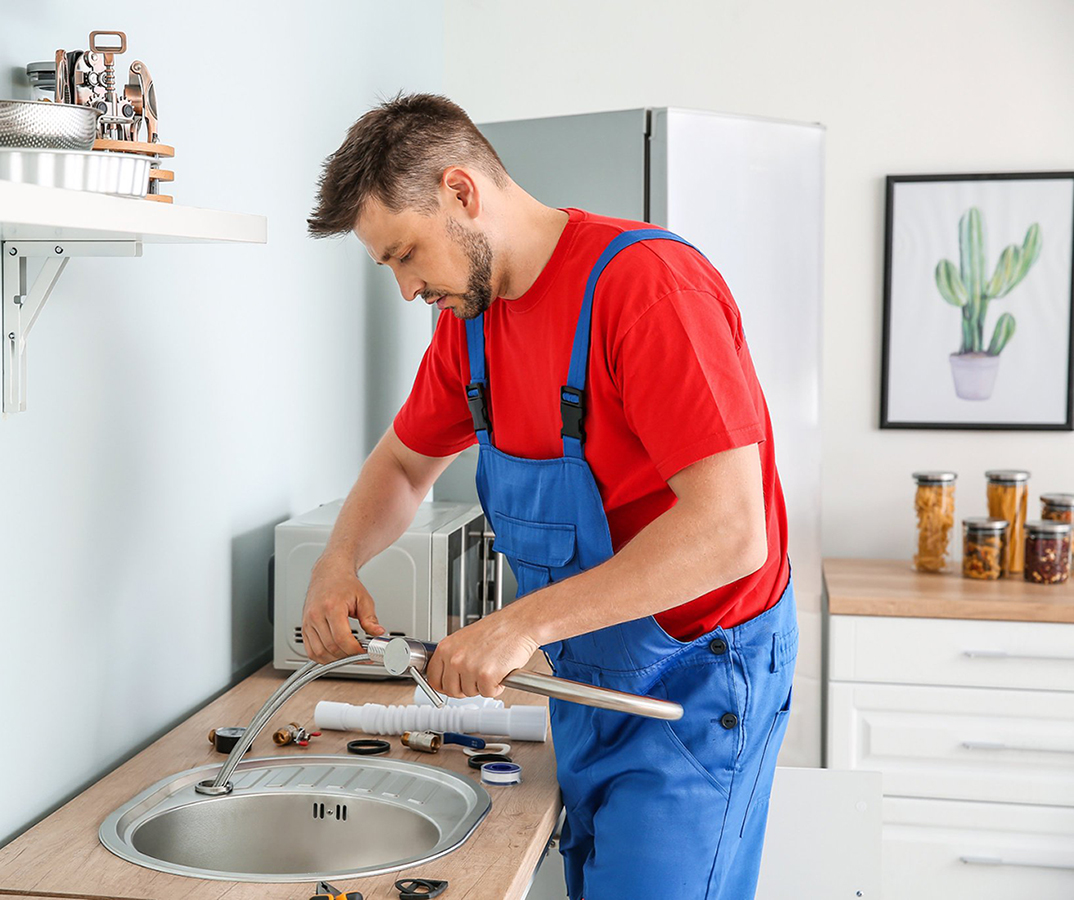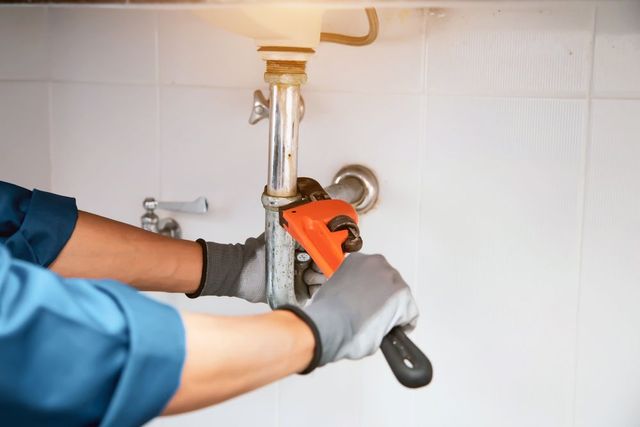What're your opinions on Plumbing Tips for New Homeowners?

For brand-new homeowners, understanding and keeping washroom plumbing can conserve both money and time by preventing expensive issues down the line. Right here are some essential washroom pipes pointers to help you maintain every little thing running smoothly.
Acquaint Yourself with the Main Shut-Off Valve
Understanding where the main water shut-off valve lies in your house is crucial. This allows you to rapidly turn off the water system in case of major leakages or during pipes emergency situations, stopping comprehensive water damages.
Consistently Check for Leaks
Tiny leaks can cause large problems. Regularly check under sinks, around commodes, and near plumbing components for any indications of leaks. Try to find moisture, little drips, or rust. Catching and fixing leakages early can prevent more significant damages and conserve water.
Do Not Ignore Slow Drains Pipes
If your sink or bathtub is draining gradually, it's typically a sign of a blockage developing. Addressing this very early can avoid a complete blockage. Use a plunger or a plumbing's serpent to clear out particles. Stay clear of making use of chemical drainpipe cleaners as they can damage your pipes in time.
Know What Not to Flush
Bathrooms are not garbage disposals. Avoid purging anything besides toilet paper and human waste. Products like wipes, feminine health items, and cotton swabs ought to be disposed of in the trash to prevent clogs and drain backups.
Set Up Strainers in Drains
Place filters in your sink and bath tub drains pipes to catch hair and various other particles before they enter your plumbing system. Cleansing the filters consistently will help prevent build-up and maintain water moving freely.
Keep Your Water Heater
Ensure your water heater is readied to an ideal temperature level (usually around 120 degrees Fahrenheit) to prevent scalding and minimize power usage. Flush the container every year to eliminate sediment accumulation, which can minimize the performance and life expectancy of your heating system.
Update Your Fixtures
If your home has older fixtures, think about upgrading to much more reliable versions. Modern commodes, showerheads, and taps are designed to use much less water while offering good stress, which can considerably decrease your water costs and ecological impact.
Beware with Do It Yourself Pipes Fixes
While it's tempting to take care of all home repair work by yourself, be cautious with plumbing. Some issues could call for expert experience, particularly if they include major water lines or sewer repair services. Working with a professional can often be extra affordable than do it yourself, especially if it stops more damage.
Get Ready For Winter
Secure your pipelines from cold throughout winter by shielding pipelines in unheated locations like cellars, attic rooms, and garages. Throughout extreme chilly, allow cold water drip from taps offered by revealed pipelines to help stop cold.
Arrange Routine Maintenance
Take into consideration organizing yearly inspections with a qualified plumber. They can detect concerns that you could miss out on, such as concealed leakages or damage on pipes and fixtures. Normal maintenance aids extend the life of your pipes system and can protect against emergency situations.
Conclusion
Comprehending and maintaining your home's bathroom plumbing can protect against numerous usual problems. By adhering to these vital tips, you can guarantee your washroom remains practical and reliable, conserving you time and money in the future.
Essential Plumbing Tips for Homeowners: Keep Your Pipes Flowing Smoothly
As a homeowner, understanding the basics of your plumbing system can save you time, money, and a lot of headaches. Plumbing issues can range from minor annoyances like dripping faucets to major problems like burst pipes that cause significant damage. This guide provides essential tips to help you maintain your plumbing system and tackle common issues.
Understanding Your Plumbing System
Supply System: Brings fresh water into your home from a municipal source or a well. Drain-Waste-Vent System: Removes wastewater and vents sewer gases outside. Fixtures and Appliances: Includes sinks, toilets, showers, dishwashers, and washing machines. Basic Maintenance Tips
Regular Inspections: Periodically check for leaks, corrosion, and other signs of wear and tear. Look under sinks, around toilets, and near water heaters. Know Your Main Shut-Off Valve: In case of a major leak, you’ll need to shut off the water quickly. Ensure everyone in your household knows where the main shut-off valve is located. Prevent Frozen Pipes: In cold climates, insulate exposed pipes and let faucets drip during extreme cold to prevent freezing. Use Strainers: Install strainers in sinks and tubs to catch hair, food particles, and other debris that can cause clogs. Common Plumbing Issues and Solutions
Clogged Drains:
Prevention: Avoid pouring grease down the drain and use drain screens to catch debris. DIY Fix: Use a plunger or a plumbing snake to clear minor clogs. For stubborn clogs, a mixture of baking soda and vinegar can sometimes help. Leaky Faucets:
Prevention: Replace washers and seals regularly. DIY Fix: Turn off the water supply, disassemble the faucet, and replace worn parts.

Call Today